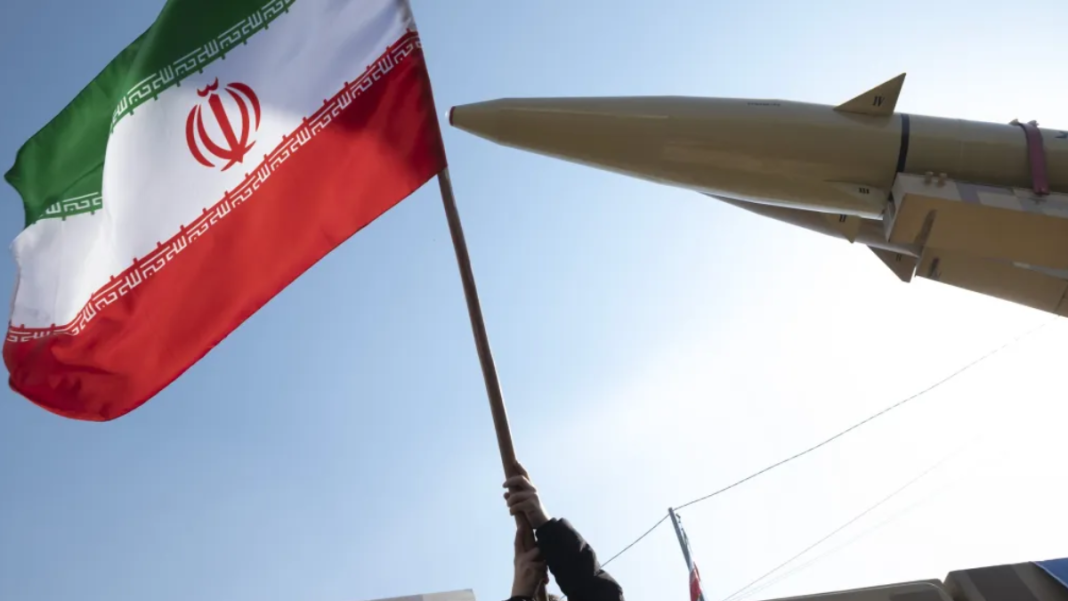Tensions in the Middle East have escalated following a deadly attack in Qatar. A strike in Doha killed a Qatari security officer and several members of Hamas.
Iran Proposes Missile Deployment in Qatar
In response, Iran accused the United States of aiding Israel in the attack, placing Qatar in a highly sensitive and difficult position.
Iranian lawmaker Mojtaba Zarei publicly suggested on social media that Qatar should expel U.S. forces from its territory. In return, Iran’s Revolutionary Guard would deploy Fattah hypersonic missiles to help protect Qatar. Zarei directly addressed Qatar’s ruler, Emir Sheikh Tamim bin Hamad Al Thani, urging him to request Iranian support for stationing missiles on Qatari soil to strengthen national defenses.
This proposal is significant because Qatar hosts the Al Udeid Air Base, the largest U.S. military facility in the Middle East. The base has long been a point of tension with Tehran. Iran’s suggestion to deploy missiles represents a bold challenge to the existing U.S. military presence and indicates Tehran’s growing willingness to assert military influence in the Gulf.
Zarei’s statement emphasized that the missile deployment would defend Qatar against Israel and other regional threats. The proposal reflects Iran’s strategy of projecting military power while offering protection to regional partners willing to reduce U.S. influence.
Qatar seeks guarantees as Trump disowns Israeli strikes and vows to prevent repeat
Accusations and Official Responses
Iran’s armed forces, led by Major General Abdolrahim Mousavi, claimed that the Israeli strike on Doha could not have occurred without U.S. support. They accused Washington of enabling what they described as “Zionist crimes”. General Mousavi also reassured that Iran is committed to assisting Qatar in protecting its sovereignty and territorial security.
The United States and Israel rejected these claims. U.S. President Donald Trump clarified that Israel acted independently in carrying out the strike. Israeli Prime Minister Benjamin Netanyahu confirmed that Israel accepted full responsibility for the operation. The United States expressed concern over the attack occurring on the territory of a close ally, highlighting Qatar’s importance as a strategic partner in the region.
This exchange highlights the delicate and complex relationships in the Gulf. Qatar must carefully navigate its strong ties with the United States while also maintaining amicable relations with Iran. The recent strike, combined with Iran’s missile offer, has made Qatar’s diplomatic balancing act even more precarious.
Conspiracy theories emerge after Israel targets Hamas leadership in Doha
Qatar’s Strategic Challenge
Qatar occupies a sensitive position in the Gulf. Hosting U.S. forces is central to its security strategy and international partnerships. At the same time, it maintains economic and political ties with Iran. Accepting Iran’s proposal to deploy missiles would represent a dramatic shift in the regional security landscape and challenge longstanding alliances.
Iran has previously demonstrated its military capabilities in the region. During an earlier conflict with Israel, Iran launched missiles toward the Al Udeid Air Base in response to U.S. airstrikes on Iranian nuclear facilities. Qatar’s air defenses successfully intercepted most of the missiles, and there were no casualties. Iran had provided advance notice of the attack to Qatar, signaling coordination despite the tensions.
These developments highlight the intersection of interests among the U.S., Israel, Iran, and Qatar. Iran’s missile offer, along with accusations of U.S. complicity in the Doha strike, places Qatar in a delicate and high-stakes position. The situation illustrates the ongoing tensions and complex power dynamics in the Gulf, where military presence, regional influence, and alliances constantly intersect.
The Iranian proposal also reflects Tehran’s broader strategic ambitions in the region, indicating its willingness to expand military reach and influence even in areas where the U.S. is strongly present. Qatar’s response and actions in the coming weeks will be closely watched as the situation unfolds.

